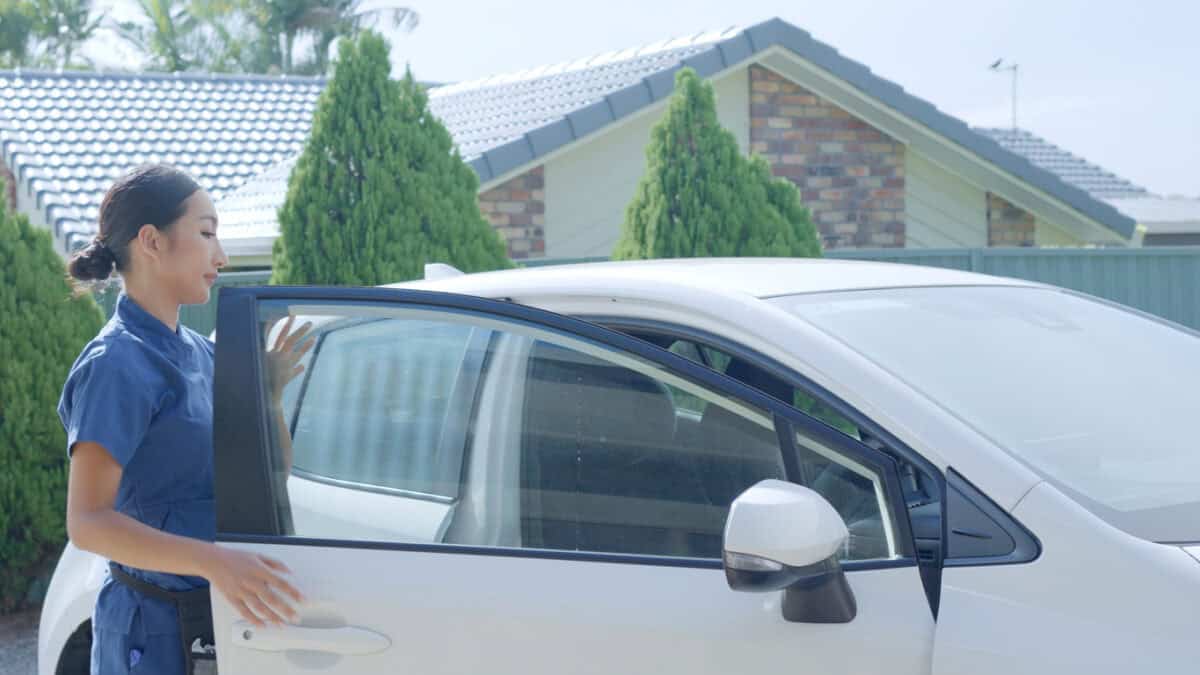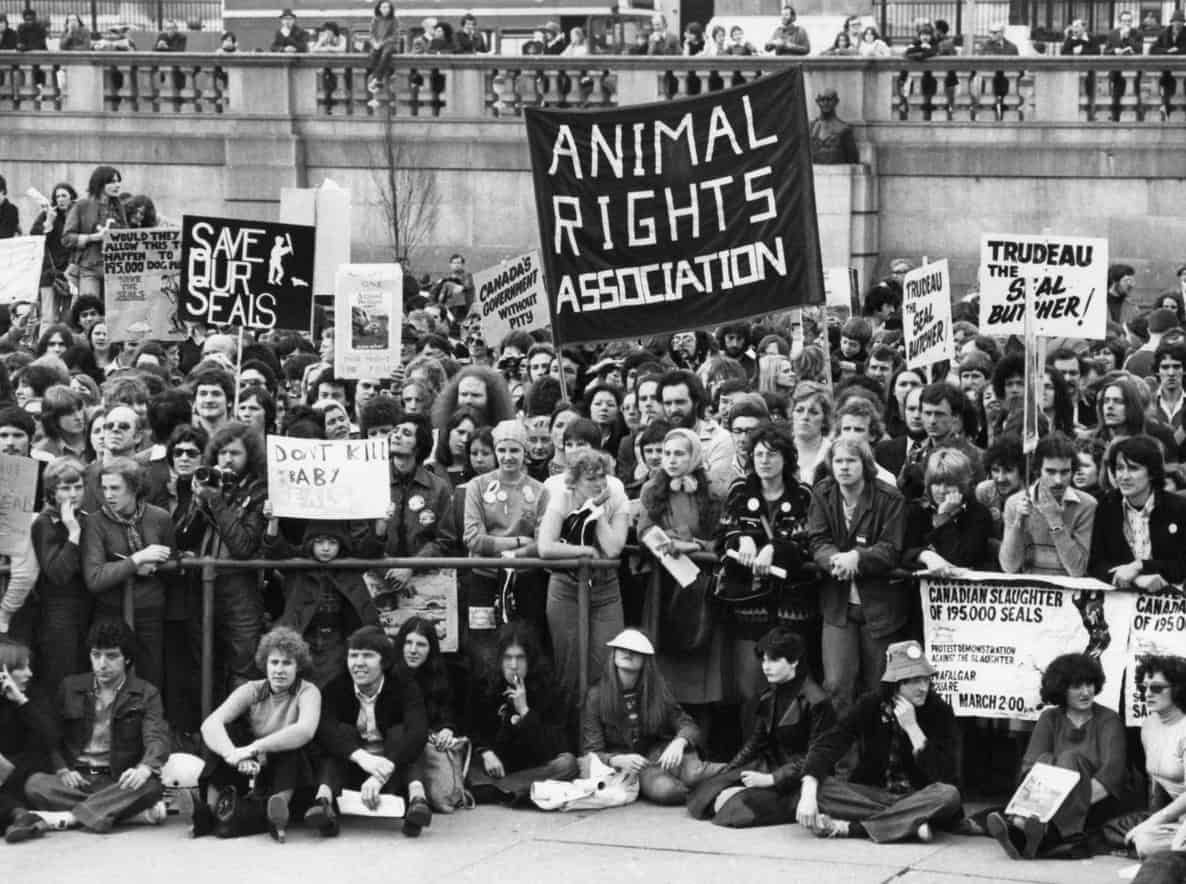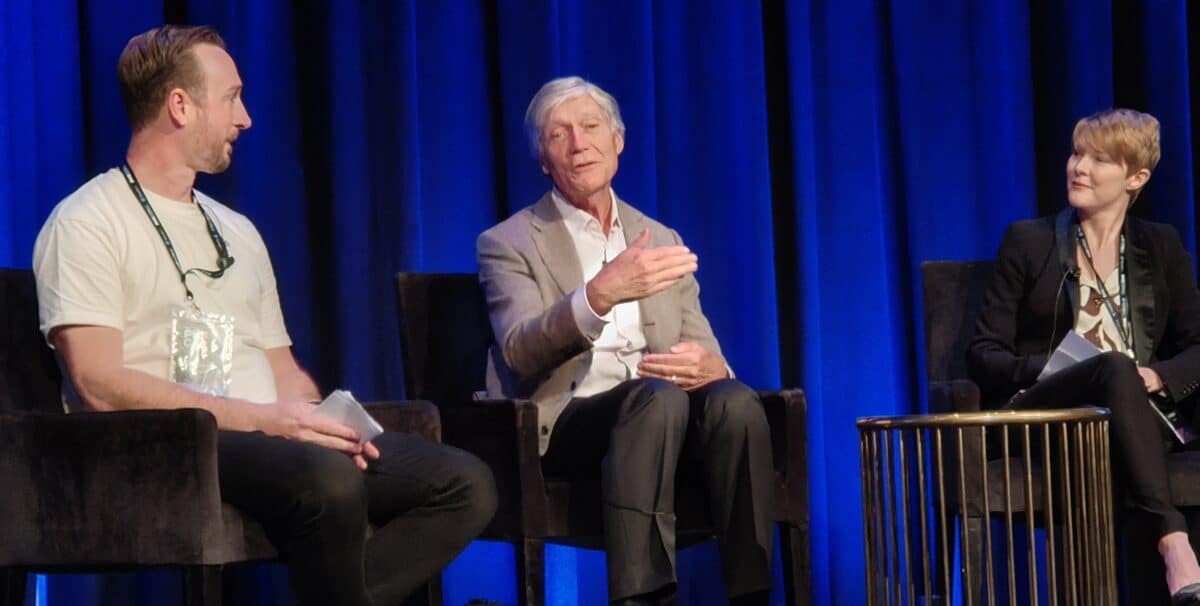Recently, SafeWorkNSW launched a health and safety campaign for those who provide services in people’s homes, essentially Home Care providers. The message is good and simple, but this article is less about the campaign than the risk assessment and checklist forms they promote.
Many checklists expect a Yes/No answer but fail to ask a question. SafeWorkNSW’s Home Safety Risk Assessment is an example of this problem.
Continue reading “Yes, No or N/A?”






